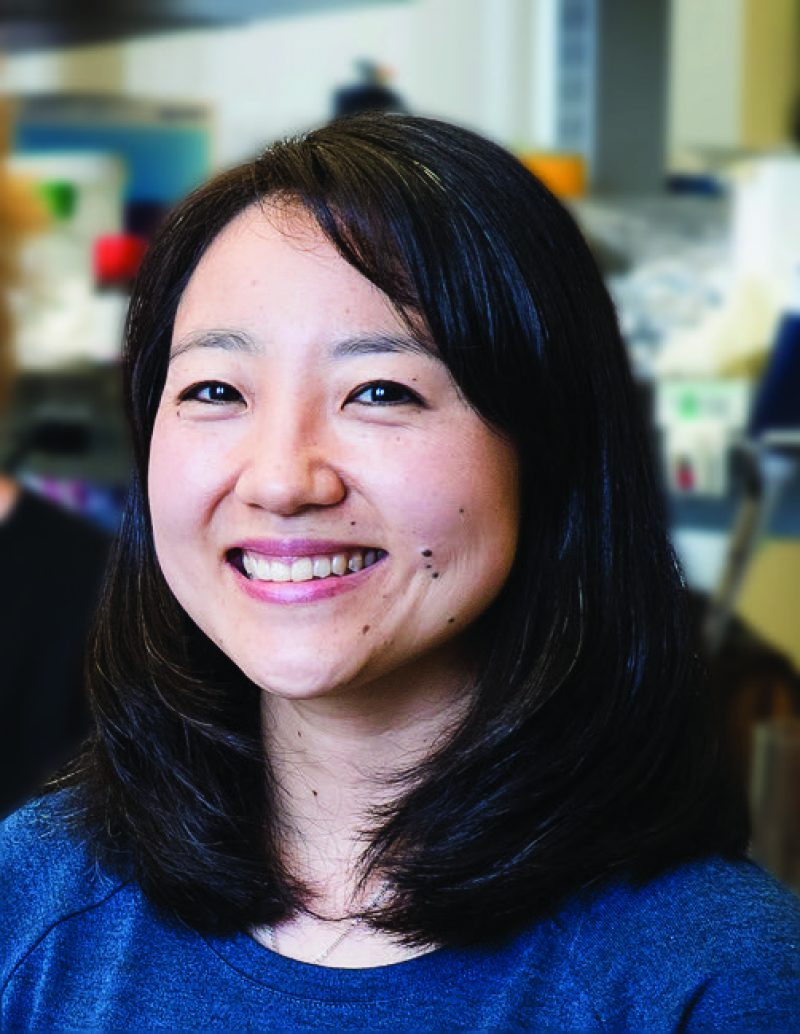

Minoree Kohwi
Minoree Kohwi’s interest in brain development started as an undergraduate in Mark Konishi’s lab at the California Institute of Technology. She earned a Ph.D. in Arturo Alvarez-Buylla’s lab at the University of California, San Francisco. As a postdoc in Chris Doe’s lab at the University of Oregon, she discovered that the 3-D organization of the neural progenitor genome changes during development, determining which genes can be activated, and thus, which cell types can be generated. Now at Columbia, Kohwi is excited to embark on a journey into nuclear architecture and stem cell competence to ask fundamental questions about the origin of neural diversity during brain development.
The brain’s complexity is apparent from the incredible diversity of its neural cell types. To form the functional circuitry governing our cognitive and motor functions, neural progenitors must make each cell type at the right place, time and abundance. In both insects and mammals, stem/progenitor cells typically produce different cell types in a stereotyped order, and over the course of development they lose the ability to make the earlier-born cell types. Such “loss of competence” is a prominent feature of neural progenitors, although the underlying mechanisms are largely unknown. Using Drosophila, Kohwi and her colleagues discovered that neural progenitors undergo a developmentally timed reorganization of their genome that physically relocates genes within the 3-D nuclear space and affects the genes’ ability to turn on or off. They found that such gene repositioning in neural progenitors is highly regulated, and determines the progenitors’ potential to make specific cell types at each developmental stage. They aim to examine how neural progenitor nuclear architecture is regulated developmentally and how this regulation contributes to neural diversity. These results will provide new insights into brain development, neural developmental disorders and brain repair.